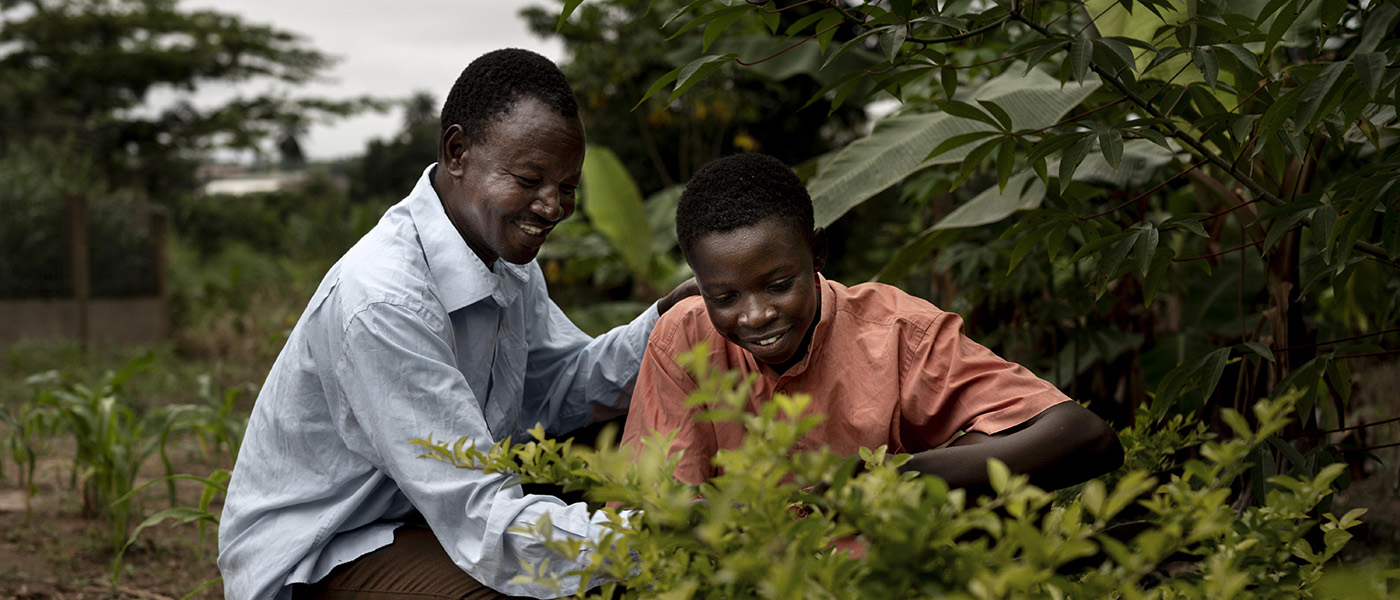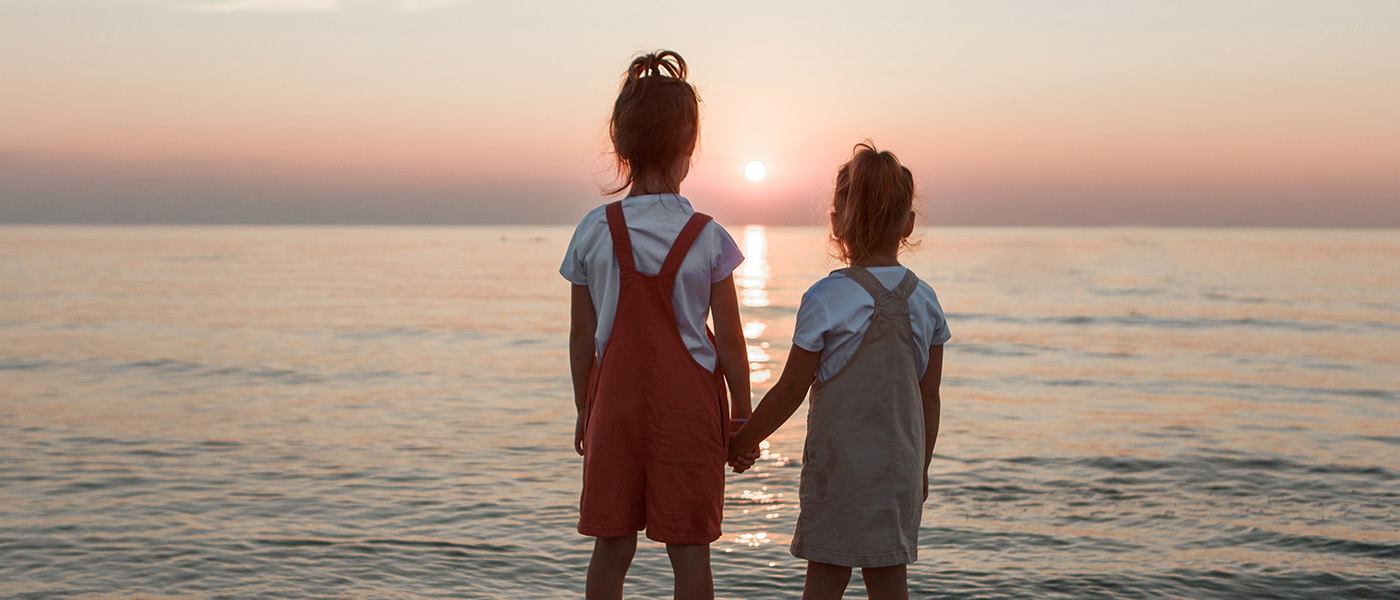It’s the end of another challenging year for us all, and I don’t think we need to try to wrap our brains around anything more specific than being with the people we care about, Christmas dinner and having a rest.
At home
During the school closures forced on us by the pandemic, the emphasis for the majority of student learning moved from the classroom to the home. This has implications in a range of social, educational and personal contexts, which will provide rich research topics for the future.
The importance of the home in the learning life of children has been known for some time. Parents generally want their children to do well. But doing well means learning well, being interested in the world, being creative, and thinking. Real world learning is a critical aspect of education.
The challenge is how to do this consistently and well. There’s no answer, of course. Every home context is different from every other.
Report
But I do believe every teacher, parent, early childhood educator, researcher and person interested in the education of our young people should read the results of the study described here, titled The Early Catastrophe: the 30 million word gap by age 3.
Research by Betty Hart and Todd R. Risley in the US, published here in 2003, indicated the differences in patterns of speaking, vocabulary and content between several groups of children, and how these differences compound by as early as age 3.
You can read a summary of their work here.
I have not delved further into the current status of the study, and with our growing awareness of the importance of oral language, will do so.
Just at the moment, we have a summer break coming up. We will be home with our own children, and our students will be at home with their parents and carers. They need to know this, too.
Talk intelligently to our children
This is a positive and proven way to help all our children start 2022.
Children know when they get an honest answer to a question – even ‘I don’t know’. They know when their contribution to a conversation is acknowledged. They know when praise for effort is appropriate, and when praise is superficial – ‘Good work’ doesn’t tell a child what earned the praise; ‘The beach towels can dry properly now you’ve put them out straight, well done,’ describes the task, its purpose and the acknowledgement of effort. It’s what the child has actually done.
Children can pick the fake, sing-song indulgent talk; they know when we are not paying attention; they know when their ideas are not appreciated; and they know when they are being lied to and insulted. They know and understand tone and inference.
They respond in the manner and with the vocabulary that is modelled for them. Children learn what we teach them.
Between the ages of 2-7, children are beginning to be aware that they have control over their surroundings. They like to organise their world. They are learning to manipulate symbols – letters and numbers, signs and representations, words and meaning, and their own sense of self.
What a great opportunity to do some real world learning at home, on holidays; to build our children.
Wishing everybody a safe, happy, talk-filled summer holiday.







